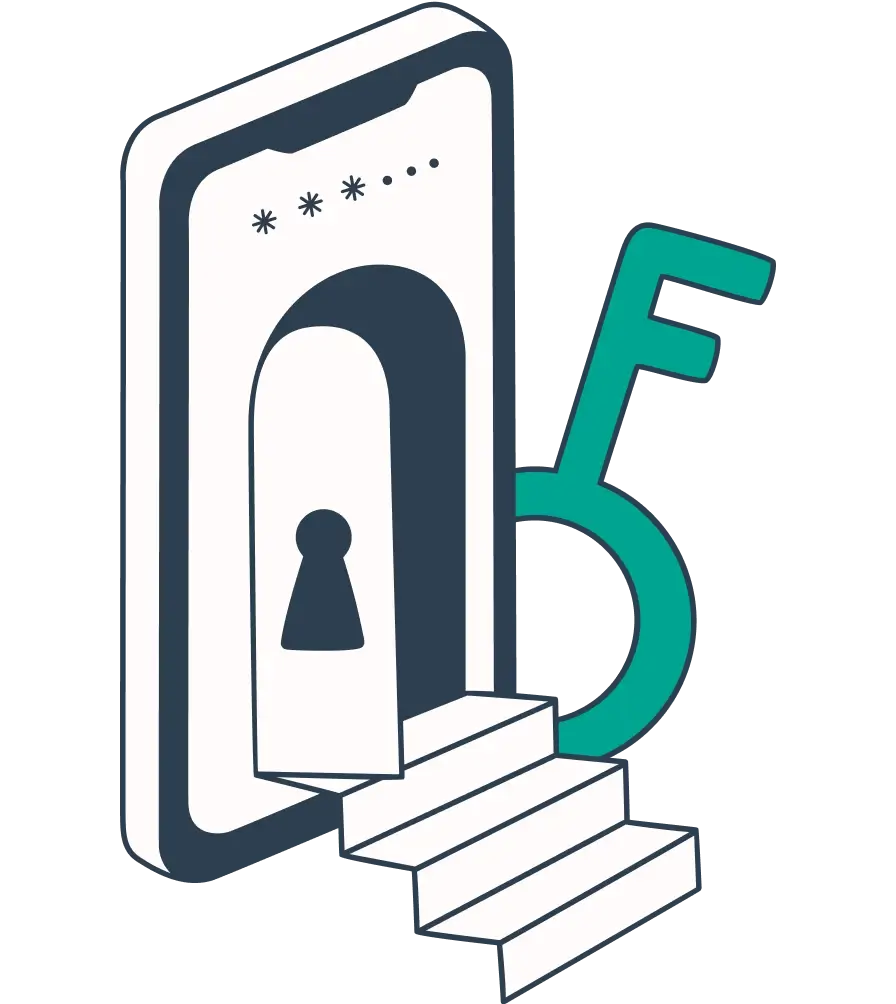
How to Accept Credit Cards Online for Document Preparation Services
For document preparation businesses—legal forms, immigration paperwork, notary-related services, and more—accepting credit cards online is no longer optional.
Join over 10k subscribers – get weekly tips & insights on the high-risk payment landscape and real-world success stories.

Helping Clients Jump Through 'High-Risk' Hoops Since 2010
Running a high-risk business comes with unique hurdles, from navigating complex regulations to managing payment processing risks. Imagine having a clear strategy for identifying your target market, choosing the right payment solutions, and setting competitive prices. Picture knowing exactly what steps to take to protect your business from chargebacks and fraud, and how to ensure compliance.
The Zenti newsletter is here to provide you with actionable insights, expert advice, and the latest industry updates to help you tackle these challenges head-on and grow your business with confidence. We're not sharing generic advice. This newsletter delivers the most valuable tips and strategies for high-risk businesses, giving you the tools and knowledge to stay ahead and help your customers succeed. Imagine the difference when you're armed with the best insights to tackle the challenges you face. That's what you get with every issue.
""Zenti is always available to solve urgent payment issues. And they give us advice to dodge future problems like chargebacks and fraud.""

For document preparation businesses—legal forms, immigration paperwork, notary-related services, and more—accepting credit cards online is no longer optional.

Debt collection is one of the most heavily scrutinized and tightly regulated industries in financial services.

Credit repair helps consumers identify and dispute inaccurate items on their credit reports and build better habits that improve credit health over time.